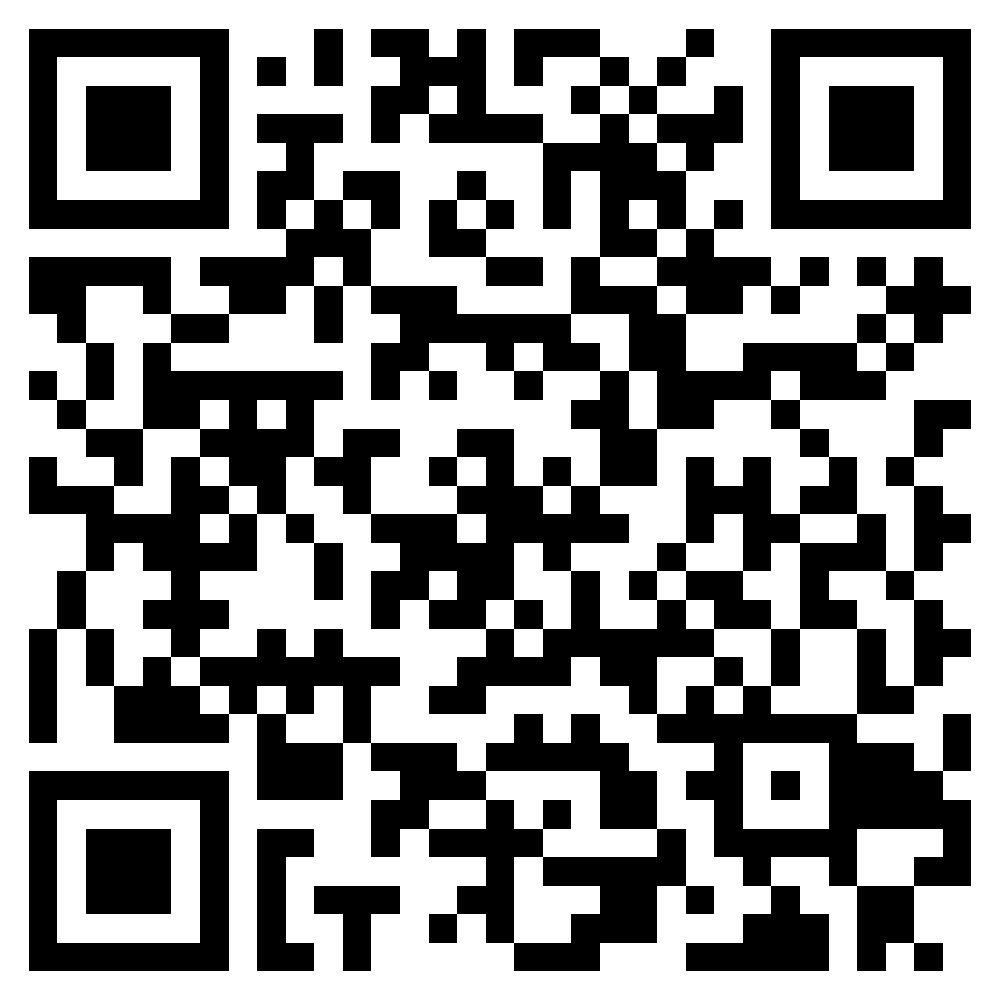COLLOQUIAL STYLE IN ENGLISH AND IT'S TRANSLATION PROBLEMS INTO UZBEK
DOI:
https://doi.org/10.55640/eijmrms-02-04-01Keywords:
Colloquial style, English, UzbekAbstract
Style is a reference language that has its own vocabulary, fixed combinations, sentences, and syntactic devices, and is a linguistic system that differs from other types in its internal elements, mainly expressive features. Elements of a particular style are easier to identify when they differ from other style elements. For example, the style of parables, the style of folk epics, the style of speech, the style of newspaper language, the style of office, the book style, the style of literature, the style of science, the style of science and technology, the style of publicism, the style of speech, the style of written speech style, etc. Style is a set of basic, typical ideological and artistic features of a writer's work that are repeated in his works. All of these must have their own alternatives in the translation. One cannot be replaced or substituted for another. In this article we discuss about information colloquial style in English and it's translation problems into Uzbek.
References
Kungurov R., Karimov S., Kurbanov T. Functional styles of Uzbek language. Samarkand: SamSU, 1984, page 7.
B.Orinboev. Modern Uzbek style of speech. Tashkent, 1991, p.25.
B.O'rinboev. Fundamentals of Uzbek speech culture. Jizzax, 2005, 34-p. 4. Abdusaidov А. Speech skills. Samarkand, 2015, 92-p. 5. B.O'rinboev. Modern Uzbek style of speech. Tashkent, 1991, 10-p. 6. Pankov M.V. On the development of the Russian language in the Soviet enokha // Questions of Linguistics. 1962. No. 3. S. 7-8

Downloads
Published
How to Cite
Issue
Section
License
Copyright (c) 2022 Bobokalonova Mushtariy Kenjaboyevna

This work is licensed under a Creative Commons Attribution 4.0 International License.
Individual articles are published Open Access under the Creative Commons Licence: CC-BY 4.0.

